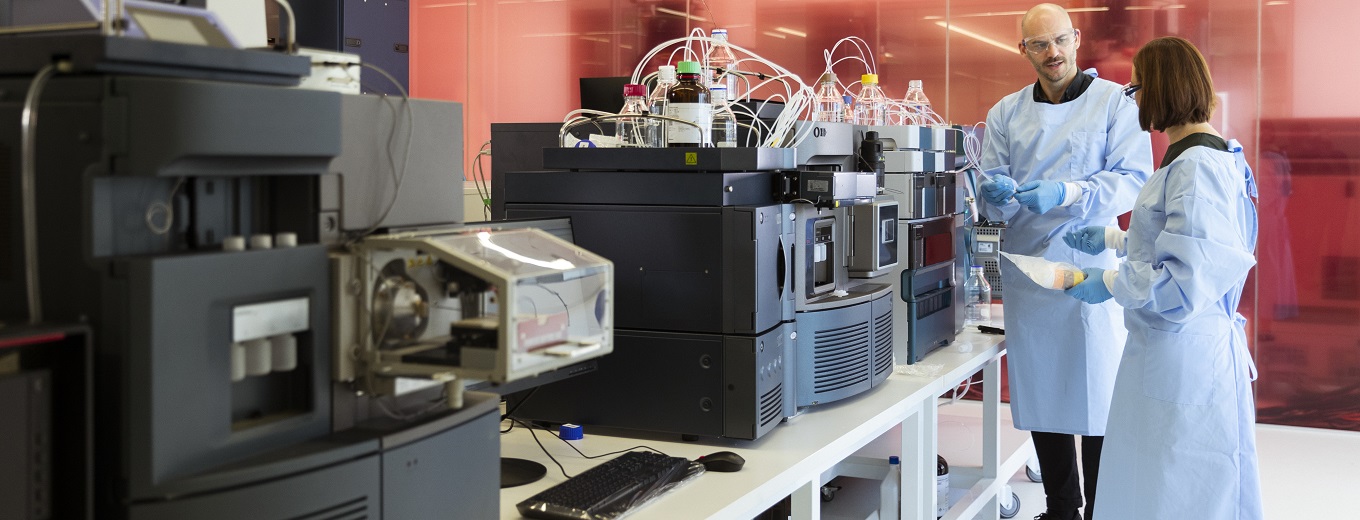The European Commission presented a tripartite initiative to push forward the improvement of research careers. It should benefit 2 million European researchers.
On 13 July 2023, the European Commission (EC) presented a new set of measures to tackle problems researchers are confronted with while developing their careers, such as precarious salaries, difficulties regarding pensions due to high mobility or general working conditions. These are the response to the 2020 Communication on revamping the European Research Area (ERA) and the Council Conclusions 2021 on ‘Deepening the European Research Area: Providing researchers with attractive and sustainable careers and working conditions and making brain circulation a reality’. The initiatives were developed mainly to support action 4 of the 2021 ERA Policy Agenda on promoting attractive and sustainable research careers. The EC sees the proposal package as a way to create a more resilient, appealing and competitive European frame for researchers to work in. The measures should support stable and well-paid work opportunities and thereby support the whole research and innovation system of Europe. Especially early-stage researchers and young talents are targeted to encourage them to stay in Europe or even attract more international talents for the European research and innovation landscape.
The initiative package includes a proposal for a Council Recommendation that establishes a new European framework for research careers including a new Charter and Code for Researchers, as well as the new European Competence Framework for Researchers, called ResearchComp.
As strengthening research careers is one of the most pursued ERA policy objectives by the Member States, the proposed Council recommendation presents an all-sector approach to research careers, which is based on the Council Conclusions from 2021 and an extensive non-public stakeholder consultation. A variety of topics are covered by the proposal. It gives a definition of the researcher and the research profession and includes the recognition of their value. The text calls for improved recruitment and working conditions, including measures to increase the use of permanent contracts, reduce the impact of bibliographic scores, as well as inter-sectoral and inter-disciplinary training for various career paths in entrepreneurship and innovation. Furthermore, the proposals foresee fair career development and progression, measures for a balanced circulation of talents, strengthened support actions for research careers and effective monitoring of research careers. The last aspect is planned to allow the evaluation and adaption of measures regarding the situation of researchers and their career development.
Moreover, the recommendation includes a new Charter and a new Code of Conduct for Researchers, which replaces the 2005 European Charter for Researchers and Code of Conduct for the Recruitment of Researchers which were endorsed by 1444 organisations across Europe, including 30 Swiss organisations. Both new documents are addressing policymakers in the Member States, as well as researchers employers and funders, both public and private, which are needed to implement the set guidelines. The Charter consists of a set of general principles and requirements. The updated version with a streamlined structure should be the key instrument of the EU’s policy to boost attractive research careers and facilitate the implementation by Research Performing and Funding Organisations. The goal is to foster good working conditions at all career stages. The Code of Conduct consists of a set of general principles and requirements that should be followed in the appointing or recruiting process.
As third part, the package presented ResearchComp, the first EU competence framework for researchers. It is in line with the new ERA Communication adopted in 2020 and the European Skills Agenda, as well as with the Competences and Occupations Classification (ESCO). The framework should promote the development of researchers’ transversal skills which are necessary for different sectors like academia, business and industry, public administration or startups. ResearchComp defines seven competence areas: i. cognitive abilities, ii. doing research, iii. managing research, iv. managing research tools, v. making an impact, vi. working with others, and vii. self-management. The new website allows researchers to self-assess their individual transversal skills and find areas where upskilling would be useful and track their development. Furthermore, the framework is planned to support the development of adapted doctoral training and targeted training opportunities, also in a micro-credential format.
ResearchComp is the first concrete instrument by the EC to strengthen research careers. But a set of other instruments is already in the making. Namely, the ERA Talent platform that will be an online one-stop-shop for a number of services for researchers, the Research and Innovation Careers Observatory that monitors careers with updated data and evidence and the new investment strategy to support organisational change to make employers more attractive, with a pilot planned for 2024. Before the proposed Council recommendation can have any effect on researchers’ careers, the proposal must be discussed in the Member States before it can be adopted and then implemented by the EC.
Even if the proposal is an important step, critical voices complain that more ambition and political pressure are needed to foster relevant change as the published proposal will stay non-binding even after adoption. For example, a funding scheme to encourage institutions to shift towards more sustainable employment models in the context of the wider discussions on revamping research assessment could be useful. Also, a solid framework for collecting data on the quality of research jobs would be necessary to have the evidence base for good political decisions. Critics doubt that the proposed Careers Observatory is up to this task. In the end, it is needed to incentivise Member States and researchers’ employers in a coordinated way to act and follow the measures to make the proposed measures actually work.

